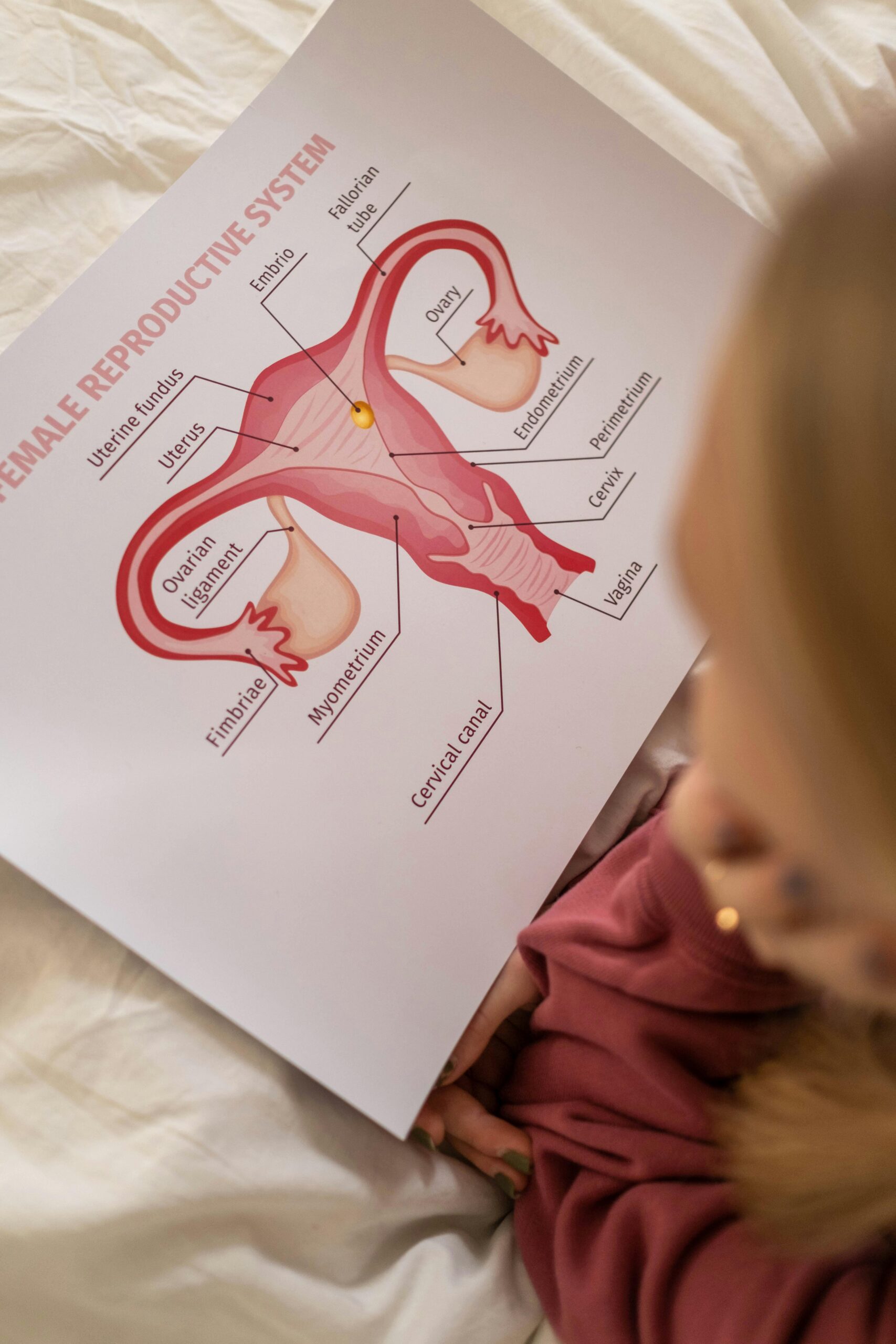Introduction:
Müllerian Agenesis, also known as Mayer-Rokitansky-Küster-Hauser (MRKH) syndrome, is a rare congenital condition that affects a woman’s reproductive system. It results from the incomplete development of the Müllerian ducts, which are critical in forming the uterus, fallopian tubes, and the upper two-thirds of the vagina. Women with this condition typically have a normal external appearance but may face challenges with infertility and reproductive health. In this article, we will explore five key facts about Müllerian agenesis, shedding light on its causes, symptoms, diagnosis, and treatment options.
Table of Contents
Causes and Risk Factors:
Müllerian Agenesis occurs during fetal development when the Müllerian ducts fail to properly form. The exact cause of this condition is still not fully understood, but it is believed to involve a combination of genetic and environmental factors. In most cases, the condition is sporadic, meaning it occurs randomly, although some cases have been linked to genetic mutations.
- Genetic Mutations: Certain gene mutations, particularly in the Wnt4 and LHX1 genes, have been associated with Müllerian Agenesis.
- Environmental Factors: Exposure to certain environmental factors, such as hormonal disruptions during pregnancy, may increase the risk.
Although the condition is rare, understanding its causes helps in early diagnosis and management, especially for those who may be at risk.

Symptoms and Diagnosis:
Symptoms:
Women with Müllerian Agenesis typically do not have symptoms of the condition until puberty or later. They may experience:
- Absence of Menstruation: One of the first signs of Müllerian Agenesis is the absence of periods (primary amenorrhea) after puberty.
- Underdeveloped Reproductive Organs: The uterus and vagina may be underdeveloped or absent, but the ovaries and external genitalia typically remain normal.
- Normal Hormonal Levels: Hormones like estrogen and progesterone are usually produced normally, allowing for normal secondary sexual characteristics such as breast development and pubic hair.
Diagnosis:
Diagnosis of Müllerian Agenesis often occurs after a woman fails to menstruate at the expected age. Diagnostic tests may include:
- Ultrasound: Used to visualize the absence of the uterus and assess the reproductive organs.
- MRI: Provides a more detailed view of the reproductive system, including the presence of any anomalies.
- Genetic Testing: In some cases, genetic tests may be conducted to rule out other related conditions or confirm the diagnosis.
Treatment Options:
Müllerian Agenesis can’t be cured, but several treatments can help manage the symptoms and assist with fertility and sexual health. Options include:
- Vaginal Reconstruction: In many cases, a surgical procedure called vaginal dilation is performed to create or expand the vaginal canal, allowing for normal sexual function.
- Fertility Treatment: Since women with this condition lack a uterus, natural conception is not possible. However, fertility preservation techniques such as egg retrieval and in vitro fertilization (IVF) with a surrogate are available.
- Hormone Therapy: Hormone replacement therapy (HRT) may be prescribed to ensure the development of secondary sexual characteristics and overall health.

Prevention and Support:
Currently, there is no known prevention for Müllerian Agenesis, as it is a congenital condition that occurs during fetal development. However, early diagnosis and treatment can significantly improve quality of life. Support groups and counseling may also be beneficial for individuals dealing with the emotional aspects of living with this condition.
Conclusion:
Müllerian Agenesis is a rare condition that affects reproductive health, and it presents unique challenges for those who are diagnosed. Although there is no cure, understanding the causes, symptoms, diagnosis, and treatment options can help women manage the condition effectively. If you or someone you know is dealing with this condition, consulting with a healthcare provider is crucial for proper management.
If you need more information or help with your health journey, feel free to contact us at Health Authentica.










